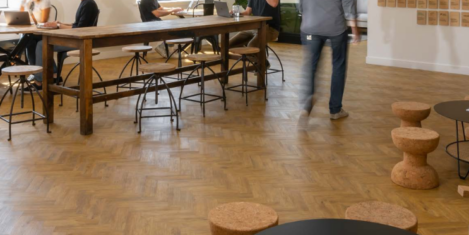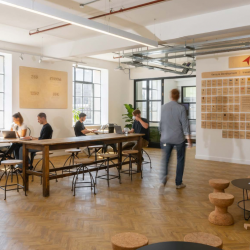April 4, 2023
Flexible working is the new “work-life currency”, claims new report
 A new report, Future of Work Life, from Ericsson Consumer & IndustryLab explores the ways in which employees and employers navigate the current work environment and their views on the future of work shaped by the pandemic, digitalisation and the fluctuating labour market. Almost half (48 percent) of the employees in the study say that they enjoy increased flexibility at work. 52 percent consider flexible work hours or locations as key requirements, and 25 percent say that flexibility is the top priority if they would start to look for a new job. Doing work rather than going to work is seen as central in this new way of thinking about work life. (more…)
A new report, Future of Work Life, from Ericsson Consumer & IndustryLab explores the ways in which employees and employers navigate the current work environment and their views on the future of work shaped by the pandemic, digitalisation and the fluctuating labour market. Almost half (48 percent) of the employees in the study say that they enjoy increased flexibility at work. 52 percent consider flexible work hours or locations as key requirements, and 25 percent say that flexibility is the top priority if they would start to look for a new job. Doing work rather than going to work is seen as central in this new way of thinking about work life. (more…)











 Pay and benefits are no longer the only critical factors in deciding where to work, with a majority citing their employers’ values (80 percent) and commitment to the environment (76 percent) and social equality (75 percent) as key criteria, claims a survey commissioned by advocate and author
Pay and benefits are no longer the only critical factors in deciding where to work, with a majority citing their employers’ values (80 percent) and commitment to the environment (76 percent) and social equality (75 percent) as key criteria, claims a survey commissioned by advocate and author 





















April 10, 2023
IF AI can replace what you do without anybody noticing, the problem isn’t with the technology
by Mark Eltringham • Comment, Technology, Wellbeing